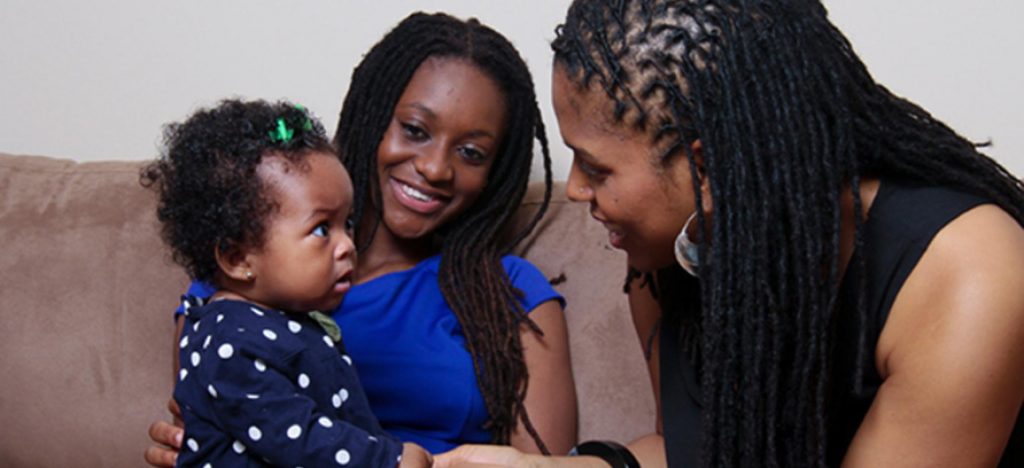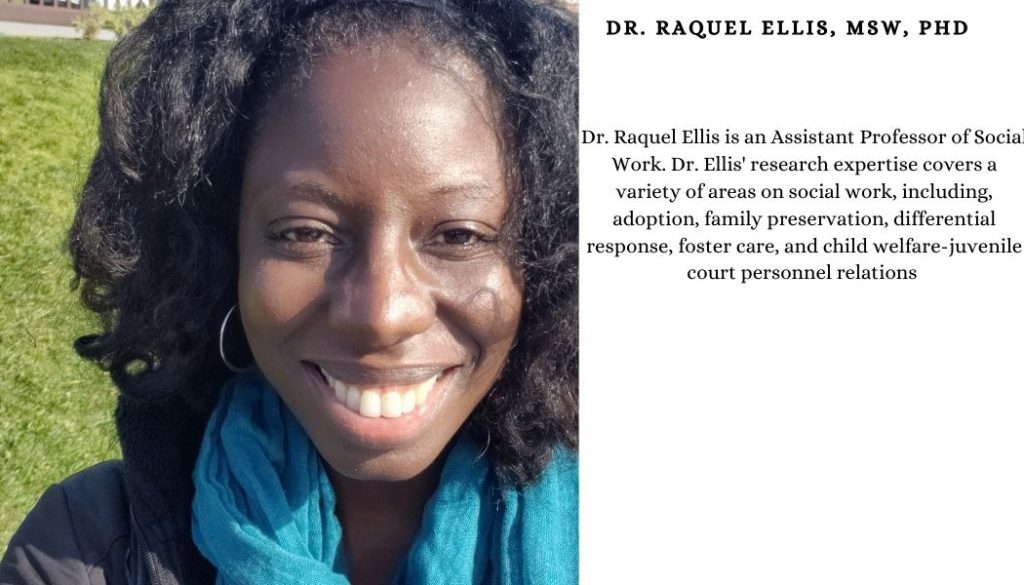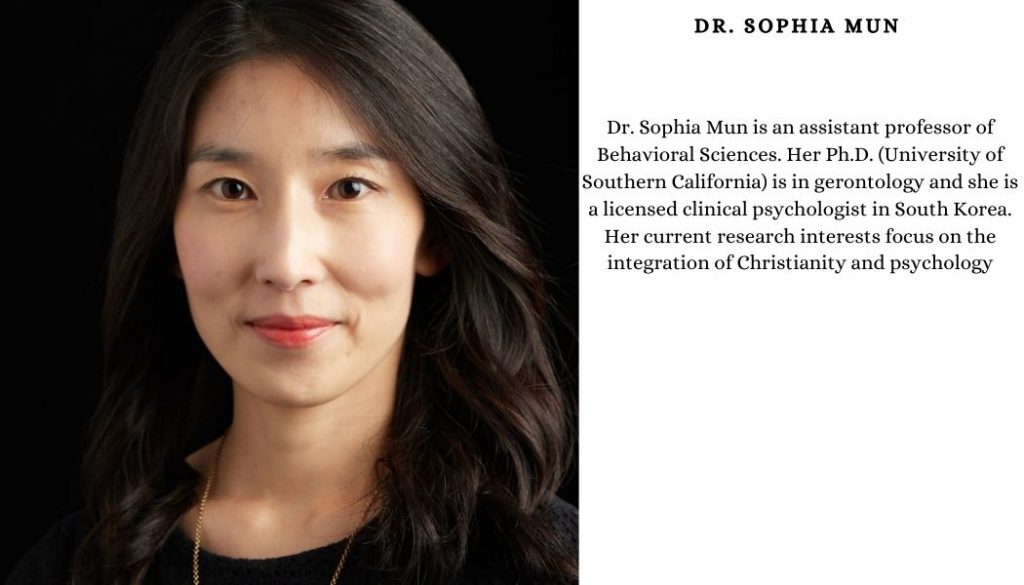By Dr. Raquel Ellis, MSW, PhD
I’ve always had a passion for helping those in need and as an MSW student, I enjoyed learning about the many career opportunities available for me to live out my passion. As I started to focus my area of interest to child welfare, I settled on a career as a social worker for the Los Angeles County Department of Children and Family Services(DCFS). I was blessed to be selected to participate in the California Social Work Education Center (CALSWEC) Title IV-Eprogram, which afforded me the opportunity to receive specialized training, complete an internship with DCFS, and receive a stipend to fund my education in exchange for a one-year commitment of employment at DCFS post-graduation. Since I planned to work for this organization anyways, I found this program to be a win-win.

In addition to my interest in child welfare, I gained a strong interest in research during my MSW program. This interest became stronger after engaging in a thesis project. I enjoyed the process of identifying a research topic and specific questions, developing a research plan to answer those questions, analyzing and summarizing the data collected, and reflecting on practice and policy implications of my research project.
Upon graduationin 2001, I followed my initial career plans by working for DCFS as a children’s social worker. It was definitely emotionally taxing work at times but also very rewarding. I cherished the experiences of walking alongside parents as they completed their case plan goals, being able to reunify children with their families, and engaging in permanency planning for children who were unable to return to their family of origin. However, in the midst of these experiences, I often reflected on the systemic challenges that made it more difficult for me to be effective and made it more difficult for families to achieve their case plan goals. Common questions that came to my mind were: Is there more that we could do to decrease the number of children who “age out”of the system without finding their forever home? How can we decrease the length of time that children spendin foster care? How can social workers be most effective in doing our job when our caseloads are excessive?

Eventually, I started to think back at my interest in research and it became clearer how I could merge my two interests to engage in work that sought to improve the system. So, after working for multiple years at DCFS, I eagerly applied to several PhD programs and ultimately decided to accept an offer to enroll in the PhD in Social Work program at the University of Illinois at Chicago (UIC). Given that UIC was classified as an R1 university(meaning they are considered to have the “highest research activity”), I knew that it would be the best place for me to learn and gain substantive experience engaging in basic and applied research.
The next few years as a doctoral student were super exciting for me as I completed coursework, and engaged in research as a graduate assistant and through the completion of a nearly 300-page dissertation. Yes, I actually enjoyed pulling this long document together. After graduation, I moved to the East Coast and I continued merging my interests by directing large applied research projects during my tenure at Child Trends and Westat. Each project focused on testing new and innovative interventions that sought to improve outcomes for children and families that come to the attention of the child welfare system. I was honored to contribute to the evidence-base about what works to achieve positive outcomes for this population.
In closing, I achieved what I sought out to do and to this day, I have been blessed to have the opportunity to continue to merge these two interests through various graduate and undergraduate courses that I teach and scholarly activities.



